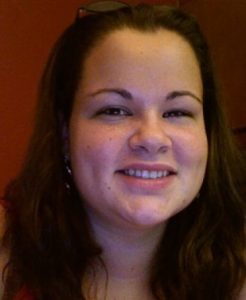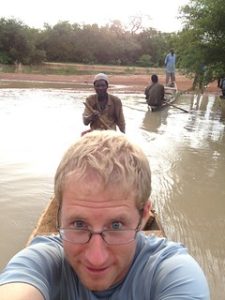Writers don’t simply read for pleasure. We read to become better writers. This is what committee member Cathy Shouse reminds us below.
Cathy Shouse is a journalist who has published hundreds of stories in newspapers and magazines. She is the author of Images of America: Fairmount, and prior to joining the planning committee where she is director of special events, she was named a MWW Fellow in Fiction for her romantic mystery novel. Connect with Cathy on Facebook or on Twitter @cathyshouse on Twitter.
For more on her reading obsession go here.
In looking to manage my money better and improve my health, some experts say that it starts with getting off of autopilot with what you spend and your fitness choices.
With that in mind, I’ve recently realized the advantages to writers of becoming a conscious reader. The idea came when I taught a college class called Advanced Feature and Magazine Writing. A book called Pulitzer Prize Feature Stories: America’s Best Writing 1979-2003 was suggested as an assigned text to use for the class.
Now, I was no slouch when it came to reading, or so I thought. I had regularly sought out stories in magazines such as The New Yorker and The Atlantic. I would click on the entertainment sections of The New York Times, and read Christopher Hitchens in Vanity Fair, before his untimely death. For a while, I subscribed to Forbes and read business writing. Having learned that sports writing is considered some of the best in publishing, I read my share of features in Sports Illustrated and even Golf Digest.
But the Pulitzer Prize feature stories I read to prepare for class were beyond exceptional. The vocabulary was rich. The topics were riveting. The writing style was far superior to anything I had read in years — possibly decades — maybe ever. Plus, I was immediately able to incorporate some of these techniques into my own writing. It was as though my writing world had opened up. I looked at every story assignment differently, aiming for more depth. My students began to do the same, as if our collective bar on writing had been immediately raised, with no lecture or Power Point images required.
About the same time, I decided to read Bel Canto by Ann Patchett, a book recommendation that came from an accomplished writer friend. Again, everything from the vocabulary to the theme to the characters was on a higher level from what I had been reading. My mind began to play with concepts that I would have discarded as too complex or not possible for my own fiction writing, before I read that book.
This was somewhat an epiphany. Since becoming a writer, I was told to read — which really meant to continue to read — in my case. And read I have. I simply wish I had been more mindful and had followed a well-thought-out supplemental list of books to broaden my reading experience. In fact, many successful authors have a standard list of writing craft books that they recommend to beginning writers. I’m wondering if it would be good to have specific novels that every writer should read, or at the least, a book list of the exceptional books in one’s chosen genre.
Like the Pulitzer Prize feature articles, these novels would have stood the test of time. I realize the books from the list might not even sell well if introduced today. But books from the list would make one’s own writing better just for having read them.
One of my goals for 2014 is to read some extraordinary books, ones that greatly expand a writer’s mind to explore new avenues and discover mental places unknown. To that end, I plan to read more professional reviews, which can be hard to come by these days. I’ll also look for recommended lists and pay better attention when writers mention books that are special to them.
So, let’s start right here.



